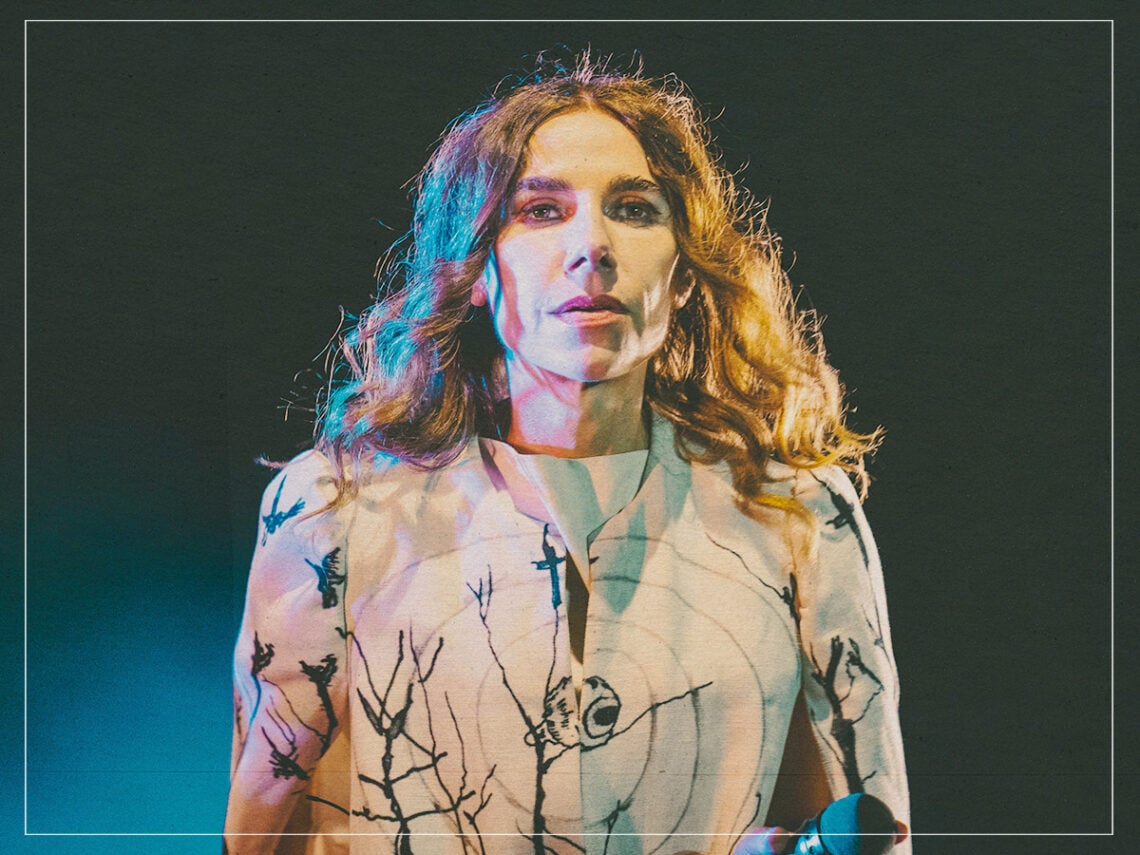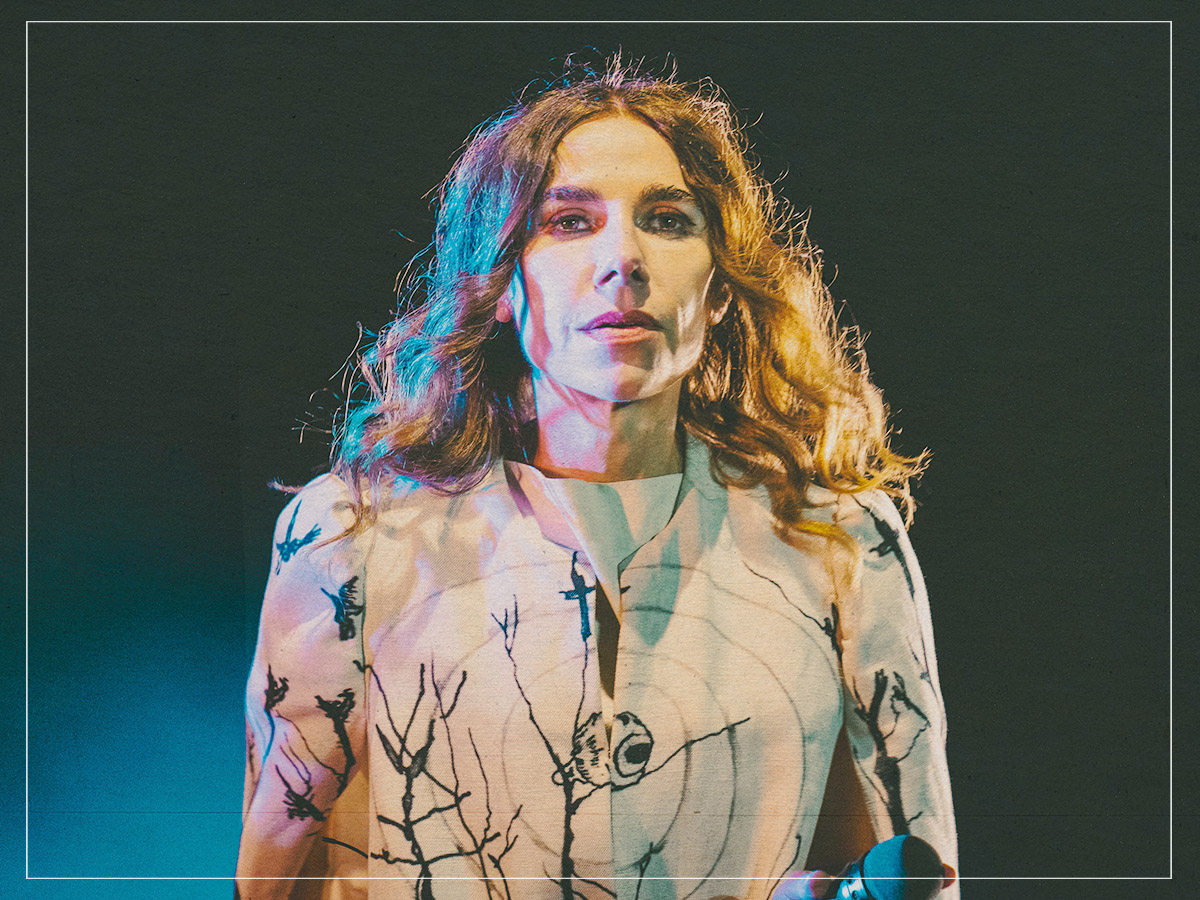
(Credits: The Piece Hall / Cuffe & Taylor)
Some people see uncertainty as one of the main blockers of success. For musicians, this kind of lack of self-esteem can get in the way of good art, especially when it relates to how their audience’ll perceive them. For PJ Harvey, however, all of this is necessary when it comes to being the best you can be. As she once said, “I don’t feel I’m a natural musician. I have to really work at it.”
Indeed, a good amount of uncertainty can be everything you need to better yourself, and for Harvey, it’s the necessary ingredient that keeps her grounded. As she explained to The Guardian, “In some ways, I’d be a bit scared if I lost that doubt because then I would maybe feel a bit too comfortable, and not really be able to see clearly what I’m doing any more.”
While some despise the feeling of trying to run through water, viewing doubt as nothing more than a necessary piece that slows everything else down, Harvey sees it as a means to an end, and a foundational part of her artistry, especially when it comes to writing about real-world social issues in a way that’s entirely condensed to the music and nothing beyond that. In other words, this was how she viewed her ninth album, The Hope Six Demolition Project, and why it worked so well.
Despite the controversy the project stirred (naturally, being about poverty and people wronged by their governments), Harvey remained dignified without reaction, directing people towards the words in the music without having to explain herself further. “I wanted to leave everything that I had to say within the lyrics, and not have to put them inside some sort of framework,” she explained. A bold choice, some might say. A necessary step to maintain the project’s credibility, say others.
What is PJ Harvey’s only number-one album?
Like any politically-charged material, Harvey would always face criticism from those on the opposing fence, but what she perhaps didn’t anticipate was the success that would follow. The Hope Six didn’t just earn major praise from all the right people; it also secured the top spot on the charts, marking her first and only number-one album throughout her entire discography.
This might make complete sense looking at it today, but in 2016, it seemed to be the only project seeking to uncover hard truths about the world around us. Put it this way, while some might have argued vehemently that Adele’s 25 deserved the spot (or, god forbid, Justin Bieber’s Purpose), Harvey’s ethic introduced a heightened societal virtuosity, like she sought out to prove the importance of taking a moral hightground when no one else seemed to be following suit.
That’s also, incidentally, the definition of a true musical innovator: the ability to look around at what everybody else seems to be doing and do something completely different anyway. That’s not to dismiss some of the others climbing the charts at the same time, but clearly, Harvey’s daring journey through self-doubt and exercising the strength of her own voice paid off through the wilderness of despair, cementing her position as someone who truly deserves to be heard.
Related Topics
The Far Out Music Newsletter
All the latest music news from the independant voice of culture.
Straight to your inbox.
